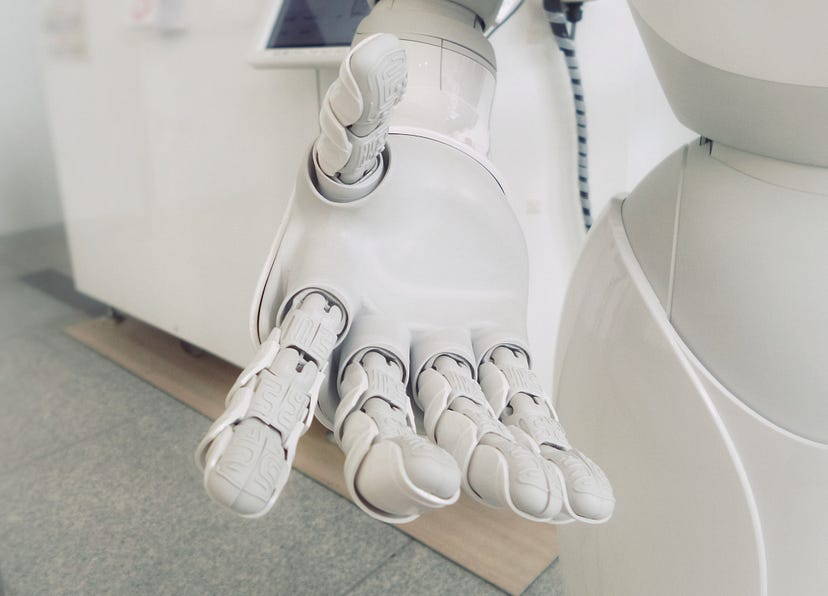The Ethical Dilemma: Examining the Social Responsibility of AI Developers
Artificial Intelligence (AI) has the potential to revolutionize our world, but it also poses a significant ethical dilemma. As AI becomes increasingly integrated into our daily lives, it is crucial to examine the social responsibility of the developers who create these systems. In this article, we’ll take a closer look at the ethical considerations that developers must address and the role of social responsibility in AI development.
The Social Responsibility of AI Developers: As the creators of AI systems, developers have a significant responsibility to ensure that their creations align with ethical standards and social values. Some key considerations include:
- Transparency: Developers must be transparent about how their AI systems work and what data they collect and use.
- Accountability: Developers should be held accountable for the impact their AI systems have on society and be willing to make changes if necessary.
- Privacy: Developers must take steps to protect user privacy and prevent unauthorized access to sensitive data.
- Fairness: Developers must ensure that their AI systems are fair and unbiased, and do not perpetuate existing inequalities or discrimination.
- Safety: Developers must consider the safety implications of their AI systems and take steps to prevent harm to users or society as a whole.

The Role of Social Responsibility in AI Development: Social responsibility should be an integral part of AI development, from the initial design phase through to deployment and ongoing maintenance. Some key ways in which developers can incorporate social responsibility into their work include:
- Conducting ethical reviews: Developers should conduct ethical reviews of their AI systems to identify any potential risks or ethical concerns.
- Involving diverse stakeholders: Developers should involve diverse stakeholders, including experts in ethics and social justice, in the design and development process.
- Implementing ethical guidelines: Developers should implement ethical guidelines and standards for AI development, such as those developed by organizations like the IEEE and the AI Now Institute.
- Engaging in public discourse: Developers should engage in public discourse and be transparent about their AI systems to build trust with users and stakeholders.
The social responsibility of AI developers is a critical issue that cannot be ignored. As AI becomes increasingly integrated into our lives, it’s essential that developers consider the ethical implications of their work and take steps to ensure that their systems are aligned with social values. By incorporating social responsibility into their work, developers can help to create AI systems that benefit society as a whole.

